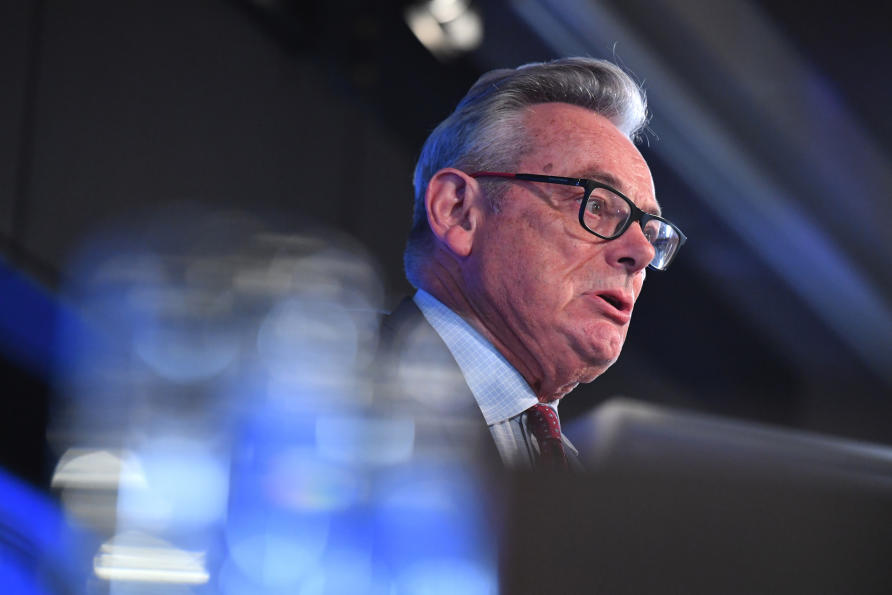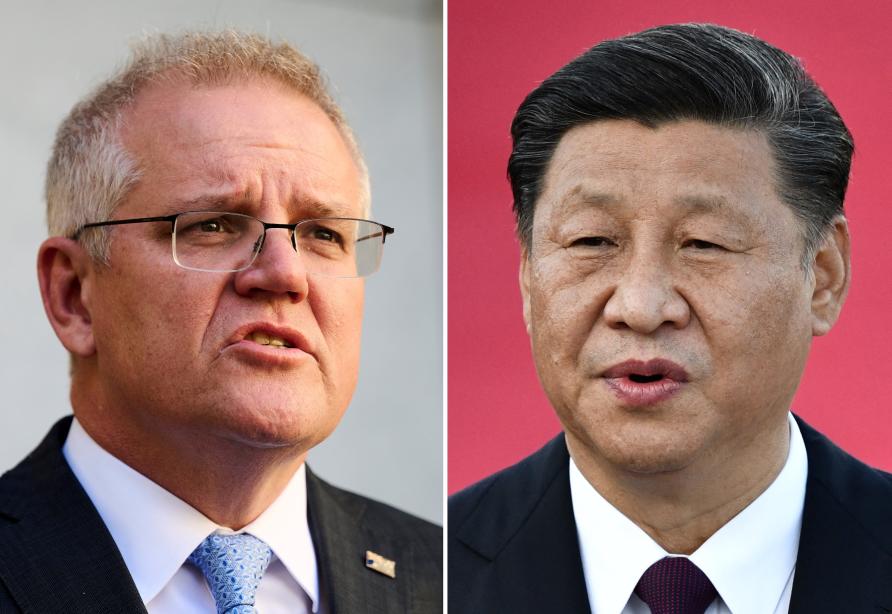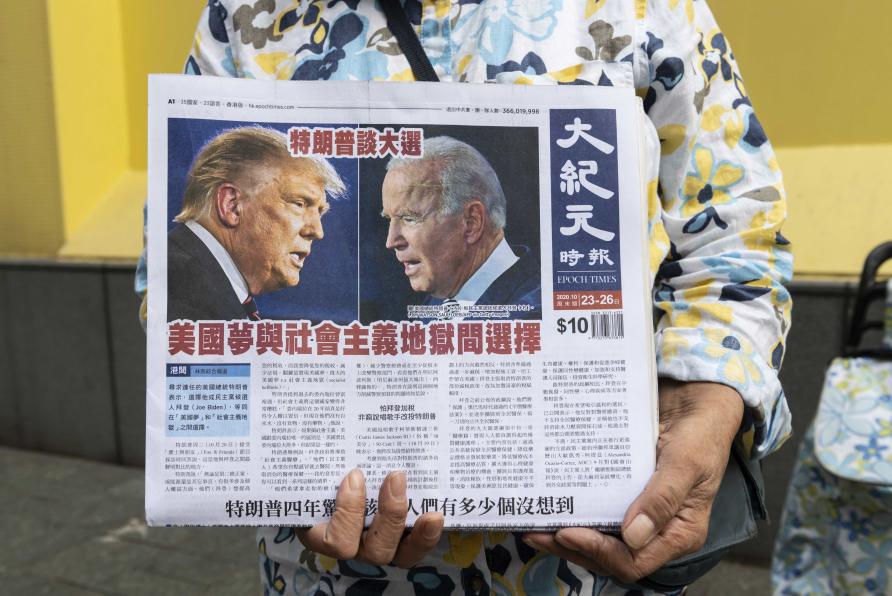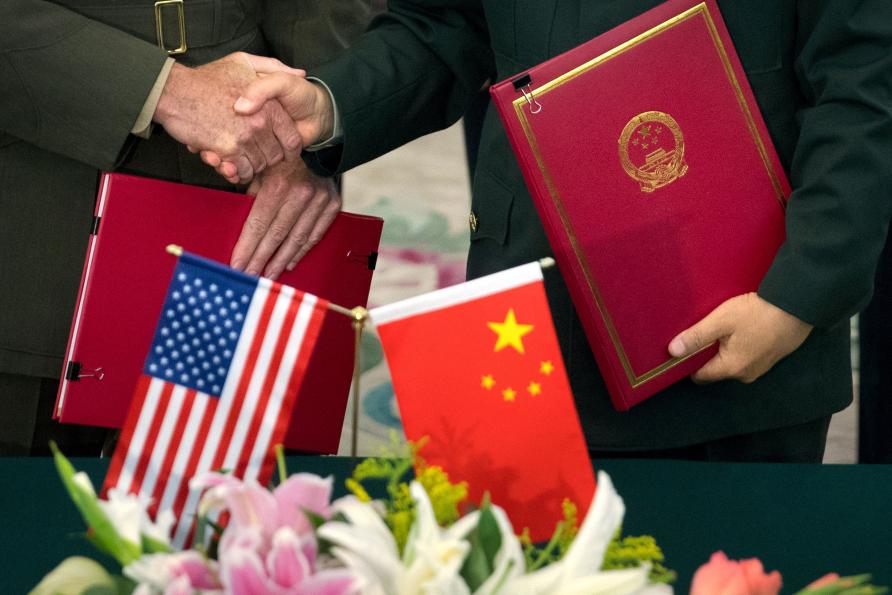Today the world is changing faster than we can comprehend. We live in a time when the truths of the old world order are disappearing.
Australia must chart a course in the new multipolar world order in which democracies are under threat from populists internally, autocratic states are asserting themselves and global rules and institutions are being challenged from many sides.
At such times, strong, unsentimental leadership focused on Australia’s national interests is needed.
THE FRASER AND FOREIGN POLICY
Little is remembered today that during his first trip overseas as Prime Minister, Malcolm Fraser chose to make Tokyo and Beijing his first destinations.
The danger of being silent
Read more
It was a sharp break with convention. He was criticized by his colleagues for not stopping in London and Washington.
Tokyo was understandable and modern. But China was then little more than interesting for Australian diplomacy.
China at the time was poor, inward-looking, politically divided, anxious and threatened. When Fraser arrived, Mao was gravely ill and three months from death.
It is this context that makes the Prime Minister’s visit in 1976 all the more remarkable when viewed from this historic distance. What was he thinking as he made Beijing his second overseas stopover after becoming prime minister?
Fraser’s visit to Beijing then marked the point where he recognized that no matter how important and durable the American alliance was, Australia still had to make its own way in its region and find its security, as the saying goes. Paul Keating many years later, in the region, not from the region.

As all Prime Ministers should do, and in Australia most did, he placed great importance on foreign policy. He did it out of principle and not out of expediency.
In 1976, he said, speaking of the role of Prime Minister, that “If you are interested in a better world, you must be interested in foreign policy”.
LESSONS FOR MODERN AUSTRALIA AND CHINA
Today, the relationship between Australia and China is at an all-time low.
Don’t forget the sweets!
Read more
Among countries that share Australia’s commitment to open, liberal and democratic values, Australia is an exception in its relations with China. Only Australia has seen its official relations with China suspended for more than two years.
Other like-minded countries, even when they have historic or pending territorial disputes with China, have handled their relations more deftly than Australia has been able to.
The problem with the current approach to strategic competition is that we harm our interests without being able to defend liberal values.
It’s a lose-lose strategy. It fails the test of pragmatism while failing to advance our principles. It is the role of diplomacy to square the circle so to speak, to find win-win results in complex and difficult circumstances.

How then to deal with a China that is asserting itself more and more? Does Malcolm Fraser’s realist approach, based on a combination of interests and principles, give direction to this major public policy challenge? I believe that is the case and that Fraser would have handled the relationship very differently than today.
As we have seen, Fraser was an activist and a leader in foreign policy. He believed Australia could make a difference and should show leadership internationally.
By pursuing a realistic and principled foreign policy, he would like to ensure that Australia has its own house in order.
It would emphasize traditional liberal principles: democratic institutions, freedom of the press, rejection of racism, and accountability of security and military services to parliament and openness to public scrutiny – there would be no secret trials.
China’s impact on the Australia-US alliance
Read more
He would also seek to repair relations with China. It would do so because to defend and advance Australia’s interests, and to be able to influence events to its advantage, it is necessary to have normal and functioning relations with the great power in our region.
This is consistent with foreign policy leadership based on pragmatism and principle, but from a philosophically conservative politician, who led the conservative side of politics for many years.
Unlike today’s Conservative government, Fraser would deal with the challenges of today’s new world order based not on ideology but on a solid understanding of Australia’s interests. He would not look longingly at the great powers to protect Australia, but would have an independent foreign policy.
Of course, we know that the only time our strategic dependence on a large and powerful ally was fully tested was when the British abandoned Australia in Singapore.

In the case of the United States, strategic dependency has led Australia into one futile and costly war after another on the side of the United States. The latest, of course, being the debacle in Afghanistan.
Highly relevant to the tensions besetting Europe and the Western Alliance more generally today in Ukraine, Fraser criticized the United States, particularly the Clinton administration, for losing the peace at the end of the Cold War. .
He extended this criticism to Australia for failing to seize the moment to end strategic dependency and forge a truly independent foreign policy.
Biden’s attempt to strengthen global democracy
Read more
Fraser did not live to see the heightened tensions that emerged in US-China relations under the Trump administration, and which continue today, albeit with more muted language.
But he was reportedly deeply troubled by the way Australia followed the United States into the superpower showdown as America’s chief enforcer on China. He would be appalled if Australia boasted they were at the forefront of the ‘repulsion’ against Beijing.
Its prescription remains then as now vital for the future of Australia.
He would urge leaders to seek a more independent foreign policy stance from major powers, to work with smaller powers as best we can, to understand what major power security concerns are, and to look for ways to accommodate them without conflict or by conceding ours. interests, and speak boldly of our views also to all the great powers.

LEADERSHIP AND THE FUTURE OF AUSTRALIA
It is the antithesis of political leadership to fuel populist myths and anxieties; demonize the Other; playing on prejudices; make the dog whistle a refined political art.
We rely on leaders to make us bigger and better than we are when we are divided and fearful.
We need leaders who do the right thing because it’s the right thing to do.
Is Australia becoming the ‘lonely’ country?
Read more
We are fortunate in Australia to have had leaders who have set high standards against which successors can be measured and judged.
Fraser gave practical effect to the end of the White Australia policy when he accepted large numbers of refugees from Indochina after the Vietnam War.
His position was simple: we fought alongside these people, so now we had to accept them in Australia. He made this decision against the advice of his ministers and the bureaucracy. He did it because it was the right thing to do.
He would not hesitate today to take all the Afghans who have helped Australia in this war.
We must uphold our values in the face of challenges from other states who see democracy and the defense of human rights as signs of weakness, but to do this we need our leaders to practice what they preach. .
This is an excerpt from the speech of former Australian Ambassador to China Dr Geoff Raby delivered this year Speech by Malcolm Fraser at the University of Melbourne. The oration explores issues of public and social concern in line with Malcolm Fraser’s vision for Australia.
 HS Alliance
HS Alliance